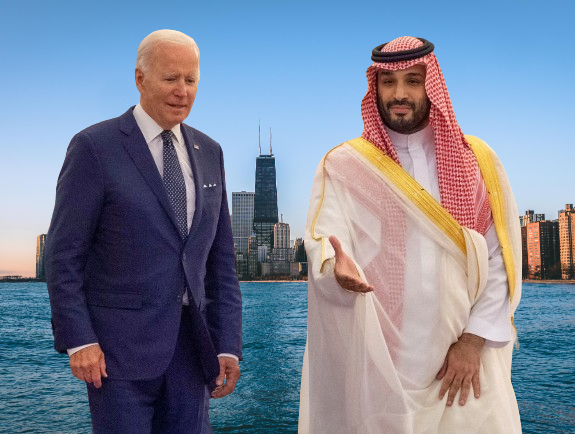Jordan and Saudi Arabia Join Forces Against Iran-Israel Conflict
Despite historical tensions with Israel, Jordan’s involvement in thwarting the Iranian attack has raised eyebrows. Decades ago, Israel and Jordan were engaged in hostilities, but the signing of a peace treaty in 1994 marked a significant shift in their relationship. Yet, recent events have showcased a level of cooperation that few anticipated.
Notably, Jordan played an active role in shooting down Iranian drones flying over its airspace and reportedly allowed Israeli jets into its airspace to counter the threat. This move is particularly remarkable given Jordan’s history of conflict with Israel, prompting observers to reassess the dynamics of their relationship.
Jordan remains reliant on security alliances, particularly with the United States, and aims to prevent further escalation in the region.
Mairav Zonszein, a senior analyst with the International Crisis Group, highlights the significance of diplomatic deals for stability in the region. Despite past animosities, Jordan’s actions underscore a shared security interest with Israel, signaling a potential shift in their relationship dynamics.
In addition to Jordan’s involvement, reports suggest that Saudi Arabia provided intelligence to the United States regarding Iran’s plans, further complicating the geopolitical landscape. While Saudi Arabia’s role may be less visible, its contribution underscores the broader concerns shared by regional powers about Iran’s actions.
However, Jordan’s public response has been measured, with officials downplaying their involvement in the incident. Despite their assistance to Israel, Jordanian authorities have emphasized the need to protect their own security interests as Iranian projectiles traversed their airspace.
Jordan’s delicate balancing act reflects the complexities of its geopolitical position. While publicly downplaying its role, the monarchy faces internal pressures, with protests against Israel’s actions in Gaza intensifying. However, Jordan remains reliant on security alliances, particularly with the United States, and aims to prevent further escalation in the region.
Thomas Juneau, an assistant professor at the University of Ottawa, emphasizes Jordan’s strategic imperative to avoid conflict escalation. Given its proximity to Israel and its reliance on external support, Jordan seeks to play a stabilizing role in the region, even as it navigates domestic dissent.
In conclusion, Jordan and Saudi Arabia’s unexpected roles in thwarting Iran’s aggression highlight the evolving dynamics of Middle Eastern politics. As tensions persist, these developments underscore the intricate web of alliances and interests shaping the region’s geopolitical landscape.



